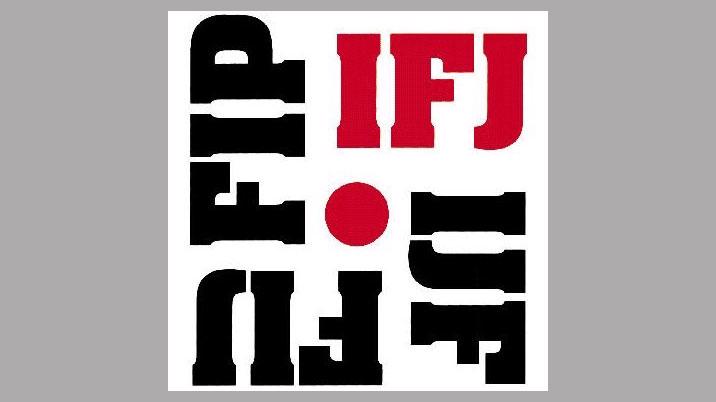
As reported by the National Union of Journalists: Meeting in Santander, Spain on 25 and 26 May, delegates condemned:
* The violence and harassment faced by women journalists across the world. IFJ statistics demonstrate at least 1 in every 2 journalists have suffered sexual harassment, psychological abuse, online trolling and other forms of human rights abuses
* The gender pay gap, which is a reality in every continent, and which not only affects women throughout their working lives but in retirement too
* The increasingly precarious working conditions faced by women journalists, especially those forced to work without contracts, with a lack of social protections, pensions, paid holidays and other social benefits
* The discrimination, including political, legal, cultural, racial and social factors, faced by women journalists in their careers and communities which impoverish them.
Delegates called on journalists unions and associations to build a global movement of solidarity to develop a collective response to the issues, including industrial, political and workplace campaigning and mobilisations.
They also demanded:
* Stronger laws on equal pay, pay transparency, against pay gagging clauses and for equal rights, which must be comprehensive and resources made available to enable them to be fully enforced and implemented
* Equal pay for equal work
* An end to the glass ceiling
* No more precarity – for decent working conditions for all women
* States take urgent action to enforce laws on gender-based violence in all its forms and for employers to take their responsibility for the safety of women journalists
* Introduce and/or enforce laws tackling sexual harassment.
The delegates also pledged to continue to promote gender mainstreaming in all IFJ activities, conferences and projects and to work to continue to develop the presence and participation of women in journalists unions and associations and to demand equal representation, including in leadership positions.
An action plan, including building stronger campaigns and protests against cyber-bullying, corruption and in defence of investigative journalism, was also adopted.
Other key actions include:
* Developing and improving the IFJ's internal and external communications to ensure a sharing of experience, developing solidarity networks and raising awareness of gender issues and rights
* Organising training to raise women and union activists awareness of their rights
* Developing relations with partners in the global trade union movement especially with UNI Women and within the ILO and UN system
* To enhance solidarity actions with women media freedom and trade union activists facing persecution
* To carry out further research in to the labour conditions and representation of women journalists
* To continue to work alongside the global trade union movement in the campaign for an ILO Convention against gender-based violence at work and to involve affiliates in lobbying to secure such a convention
* To take action to support an ethical journalism with a gender perspective and tackle gender stereotypes, objectification and victim-blaming.
The conference – organized by IFJ affiliate FAPE, was opened by Gema Igual, Mayor of Santander and was addressed by women journalists from Pakistan, Kuwait, Russia, Italy, UK, Spain and Peru among others.












